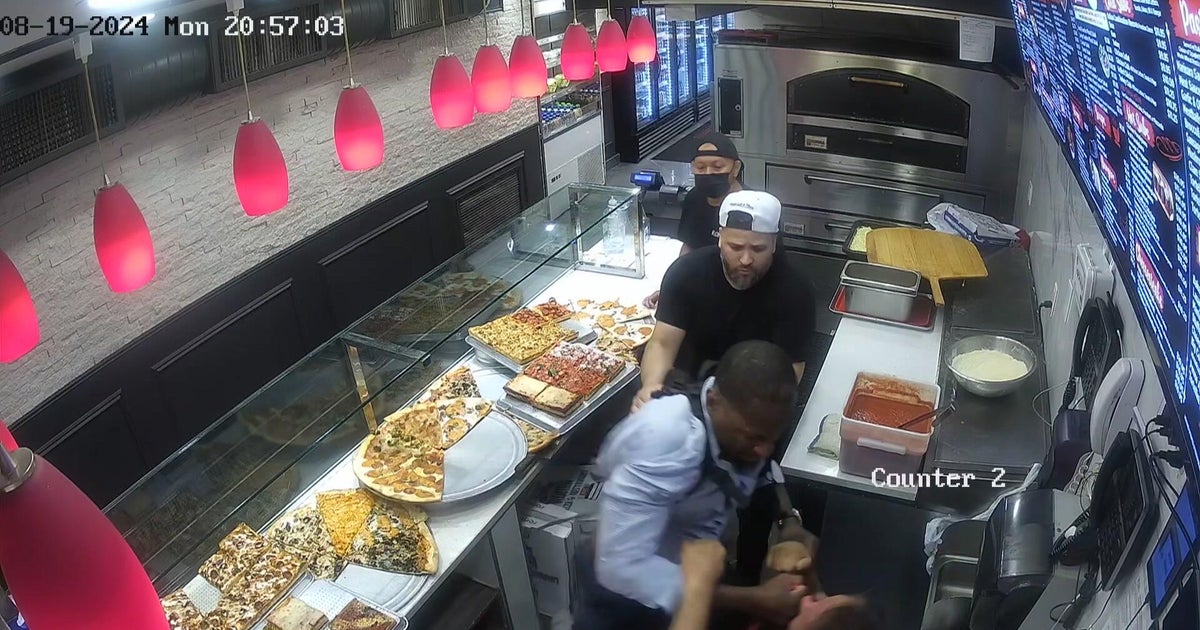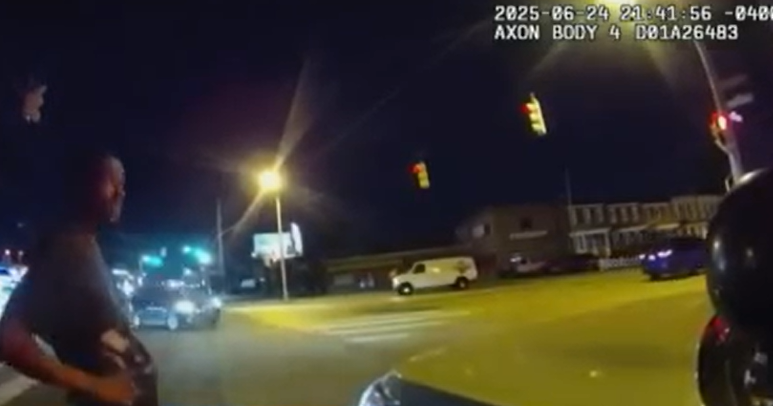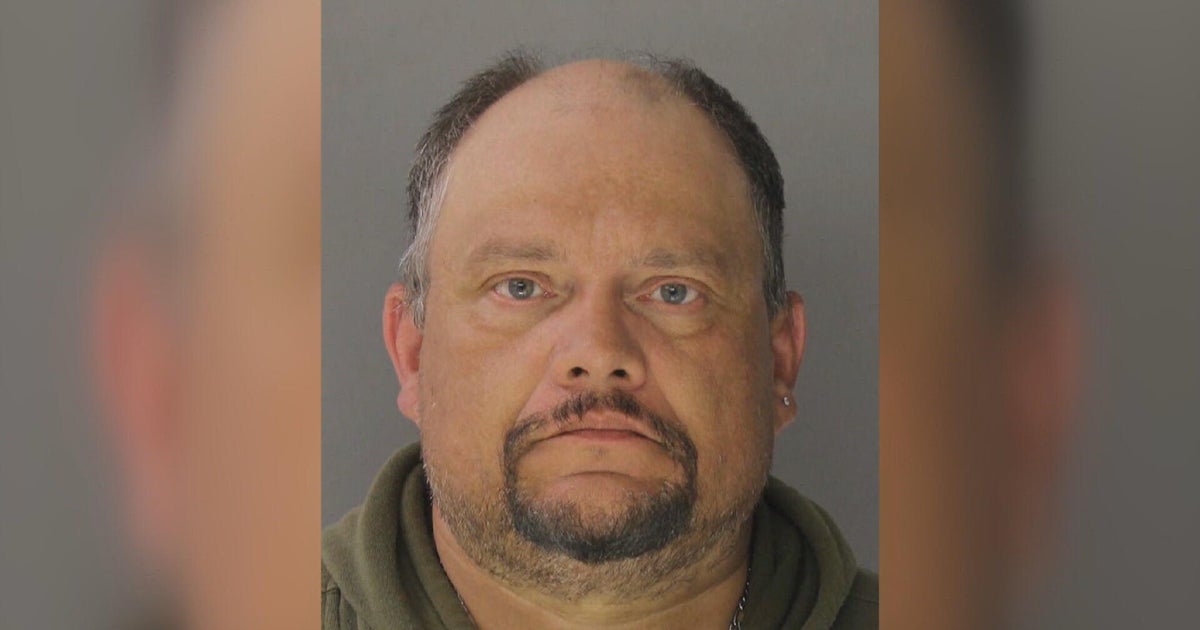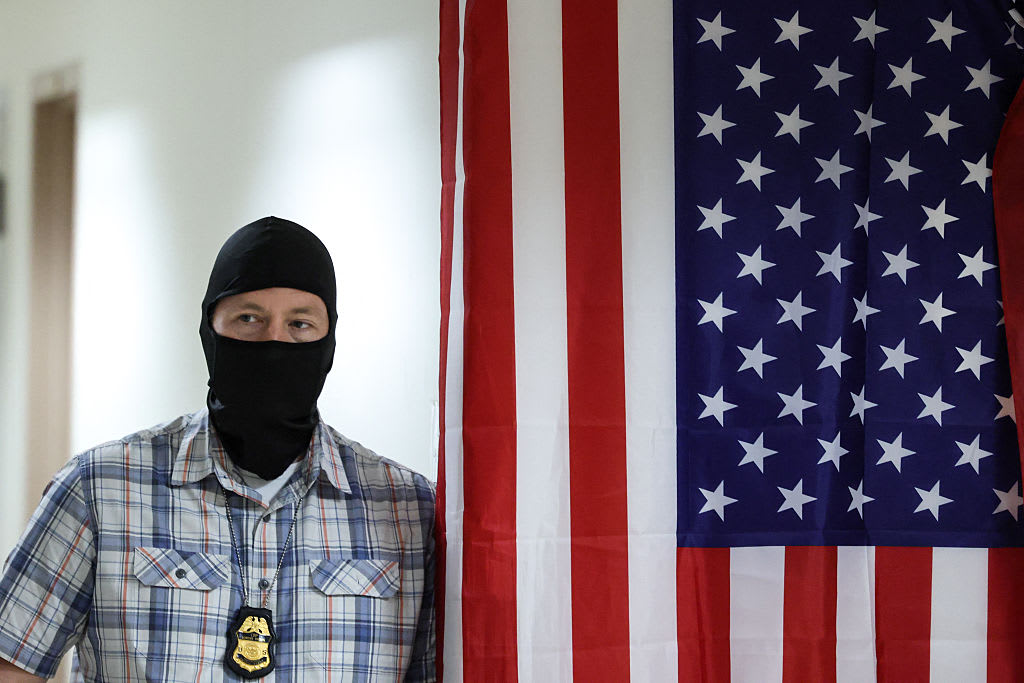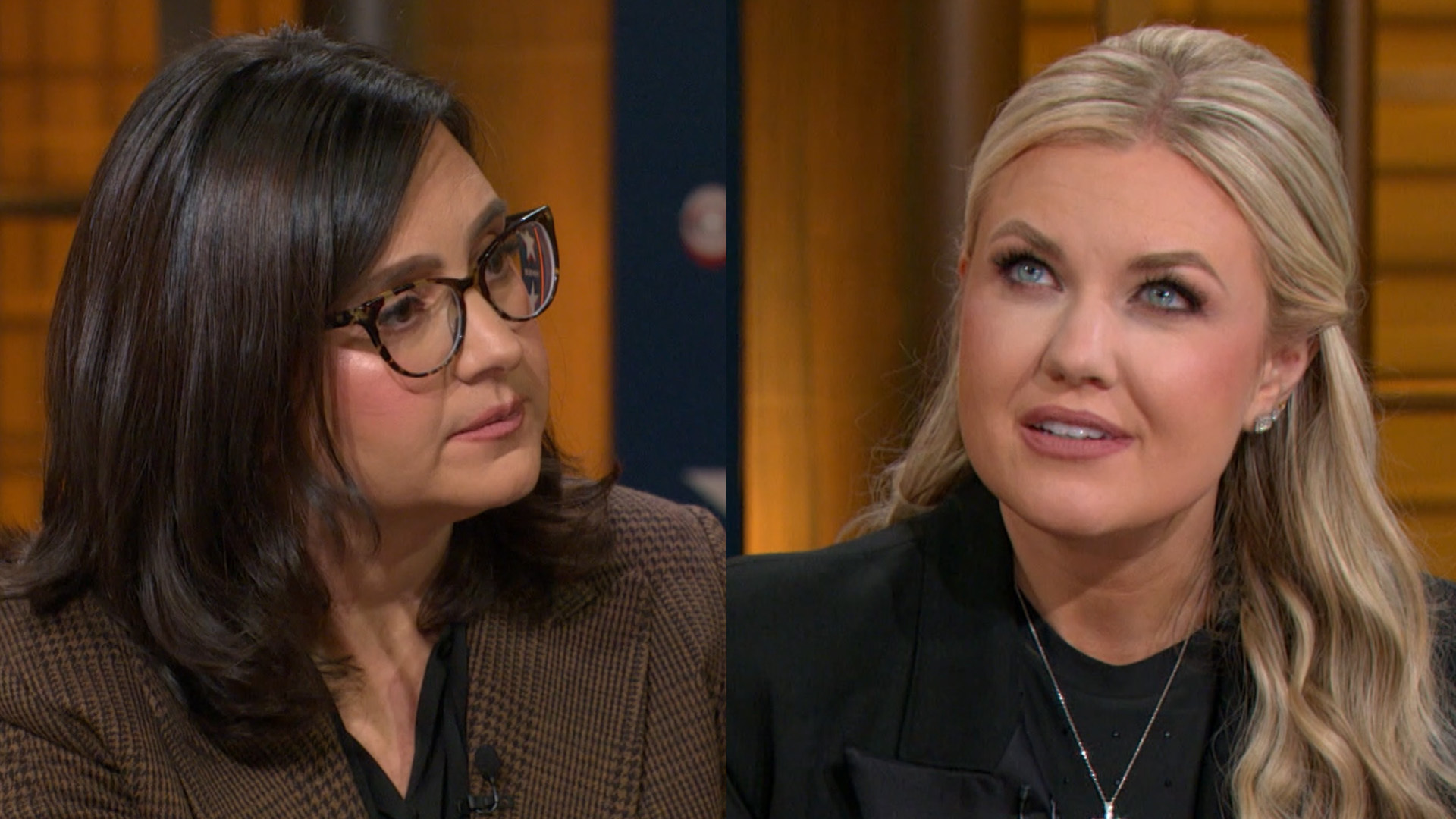Adnan Syed's lawyer on his release, what's next and why he rejected a past plea deal
Baltimore — Defense attorney Erica Suter said she would fight as long as it took to free Adnan Syed. She did not expect it to happen so quickly: A motion filed just last week to vacate his conviction for the 1999 murder of Hae Min Lee ended with Syed walking out of a Baltimore courthouse a free man on Monday.
Suter, the director of the University of Baltimore Innocence Project, sat side-by-side with Syed as the judge read her decision.
"It was overwhelming. Adnan started to cry. I started to cry," she told CBS Baltimore. "I was thankful for having that minute as the courtroom cleared to try to get myself together. It was surreal."
Suter pointedly told Judge Melissa Phinn in the courtroom that her client was innocent.
"Imagine what it's like for him, his mother and brother seated behind me inside the courtroom, to believe in their child's innocence and to watch that child get snatched away from them and spend 23 years incarcerated," Suter said. "I think it's important and it matters for someone to stand up and say out loud for the whole world to see that Adnan Syed is innocent."
The evidence that led to the conviction being thrown out had been in the prosecution's files for years but, was never turned over to the defense. It included notes of interviews with suspects, one of whom had allegedly threatened to kill Lee.
Neither of the potential suspects were named.
"It is striking, and it should shock the conscience, but it is alarmingly common," Suter said. "The investigation narrows down to one individual for whatever reason, and they're so focused on that individual, they will disregard other evidence — not properly look into other leads. And you definitely see that in this case."
In an exclusive interview with CBS Baltimore on Wednesday, Maryland Attorney General Brian Frosh denied failing to turn over evidence to the defense or Baltimore City State's Attorney Marilyn Mosby's office.
"The folks who I've spoken to, and that our office has spoken to, say the notes were produced, but more importantly I have to say, we gave them to [Mosby]. That's where she got them in the first place. We're not withholding them from anybody," Frosh said.
The attorney general also told CBS Baltimore that there's a "crime problem in Maryland" and that he believes if Mosby "were concentrating as hard on trying murder cases and putting murderers behind bars as she has on this case, I think our state would be quite a bit safer."
In response, Mosby put out a statement saying Frosh "needs to speak to his office's willful decision to sit on exculpatory evidence for the last seven years."
"His inability to uphold this fundamental obligation denied Mr. Syed his right to a fair trial and now forces a family to relive an unimaginable nightmare because of his unconscionable misdeeds," she added.
In her interview with CBS Baltimore, Suter called the finger pointing "troubling."
"What we know is there were notes in the prosecutor's file that were handwritten that should have been with the defendant," she said. "Now, who had the boxes when, and sort of how it came to be that it came into our possession, what we know on the defense is we didn't have them."
Suter said she has all of Syed's original defense attorney's boxes and the notes are not in there.
"On the defense side, it comes down to: we were entitled to this," she said. "He should have had it back in 1999. I don't think I have to weigh in on the conversation that's happening between the state attorney's office and Brian Frosh, because at the end of the day, these should have gone to the defense back then."
Monday's victory comes after Syed spent years battling his conviction in the courts. He appealed the decision multiple times, and was successful in convincing a post-conviction court in 2016 that the use of the cell phone records violated his rights and merited a new trial. But the state appealed that decision, and after years of legal battles, an appeals court denied Syed a new trial in 2019. The Supreme Court declined to hear Syed's subsequent appeal.
Suter also told CBS Baltimore why Syed turned down a plea deal from the attorney general's office a few years ago.
"In order to accept that deal, he would have had to admit he was guilty of this crime, and he did not want to do it. He did not want to live a lie," she said. "What he said was he'd be trading one prison for another. He would have his so-called freedom, and he would be looked at this way forever and know it wasn't the truth."
Now, Syed is back with his family waiting to see whether prosecutors will order a new trial. Mosby has 27 days to decide whether to hold a new trial.
Mosby told CBS Baltimore on Tuesday she is still waiting on the results of new DNA testing done on evidence in the case.
"If that DNA comes back inconclusive, I will certify that he's innocent. If it comes back to two alternative suspects, I will certify that he's innocent," she said. "If it comes back to Adnan Syed, the state is still in a position to proceed upon the prosecution."

